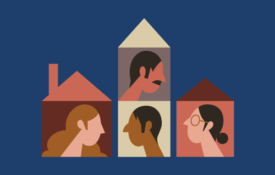
Advocates for the use of trigger warnings suggest that they can help people avoid or emotionally prepare people for encountering content related to a past trauma. But research indicates the warnings only heighten anticipatory anxiety.
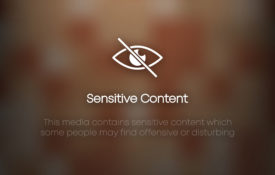
Addressing a crisis like this means looking directly at the problem-solving needs that arise in times of war, danger, or difficulty and empowering ourselves to meet these needs.

Research suggests a trauma-sensitive and socioculturally adapted group intervention can significantly reduce posttraumatic stress disorder, depression, anxiety, and multimorbidity among refugees and asylum seekers.
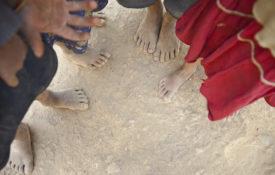
As of December 2021, a record 82.4 million people have been forced to flee their homes to escape war, violence, or persecution. Here’s a look at some recent research (2017–2021) on refugee integration and well-being.

While many researchers continue to wrestle with the extent to which our memories can be relied on, others are exploring how this malleability can be harnessed to improve well-being.
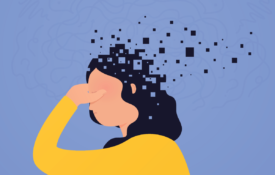
Podcast: Excerpts from our first 100 episodes: a skeptical look at the Myers-Briggs test, what happens in the grieving brain, common myths of psychological science, and more.

Understanding why most people remain resilient in the face of traumatic events is essential to understanding psychopathology, explains the 2019 APS James McKeen Cattell Fellow.
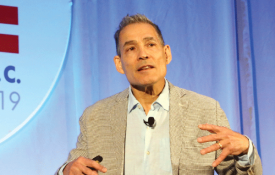
New research associates early life adversity with the presentation of social anxiety disorder later in life.
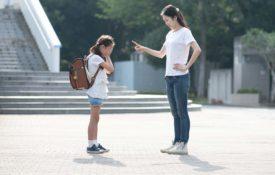
Psychological scientists are leading the way in researching the best way to treat mental health issues arising from traumatic events.
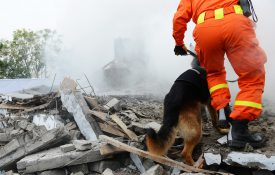
Children who experience early-life stress and abuse are at risk of a wide spectrum of later disorders and symptoms, including depression.
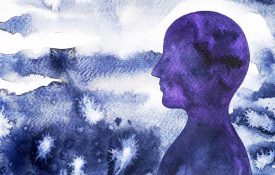
Renowned grief expert, neuroscientist, and psychologist Mary-Frances O’Connor shares groundbreaking discoveries about what happens in our brain when we grieve, providing a new paradigm for understanding love, loss, and learning.

From 24-hour cable news to YouTube and Twitter, today’s mass media can turn local disasters into international events within minutes, and research reveals that widespread transmission can have a traumatic impact far beyond the people who are directly exposed.

This provides students with an opportunity to see that, often, analyses may lead to conclusions that are not final.

What happens after, during, and before natural disasters.
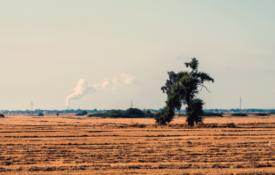
Expert commentary from Vanessa LoBue on emotional development and the effect of emotion and experience on perception and learning. [April 1, 2020]
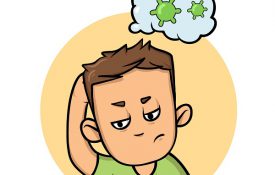
New research confirms trigger warnings have little or no benefit.

Arielle Baskin-Sommers explores the cognitive-affective processes associated with disinhibition and community violence.

Civil unrest and political violence may be related to the psychological burden of the COVID-19 pandemic.

A conversation on loss and trauma with George Bonanno and Lisa Feldman Barrett.
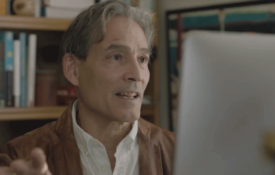
Reduced access to rewards may influence brain development, contributing to the increased prevalence of mental health disorders in children living in economically impoverished environments.

Repeated incidences of racial discrimination and violence have far reaching consequences for mental health.
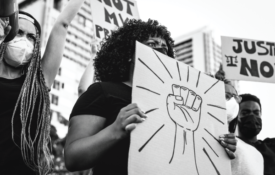
From team sports to social media, shared emotions and perceptions of social support can enhance social belonging and encourage prosocial behavior. But they don’t always bring out the best in groups. Scientists look at the psychological processes that allow us to experience emotions together.

APS has updated its publicly available collection of journal research pertaining to trauma and disasters. [updated February 14, 2023]

Through lab experiments and field studies with survivors of historic wildfires, APS James McKeen Cattell Fellow Richard A. Bryant has demonstrated the power of relationships and community to temper psychological trauma.

Regulatory flexibility may help to explain why some firefighters who experience trauma develop PTSD and other don't, researchers find.

A series of articles examines how to help enhance current treatments for mental illnesses and spur the development of new intervention and prevention approaches.
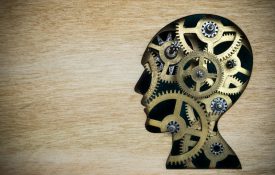
Clinical research has identified certain psychological interventions that effectively ameliorate the symptoms of PTSD, although most people struggling with the disorder don’t receive those treatments, according to a scientific review.
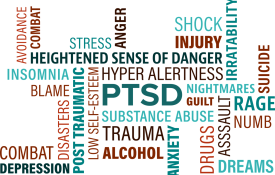
While the amount of exposure to disaster coverage on TV can impact children's well-being, their preexisting symptoms of posttraumatic stress also play an important role.
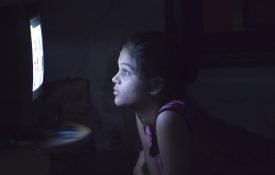
Many people spend Halloween celebrating, and even embracing, fear. But a psychology study suggests a new way to keep fear in check.

A scientific review shows that a psychological intervention commonly employed to help victims who have just experienced a disaster lacks evidence supporting its effectiveness and may actually be harmful.
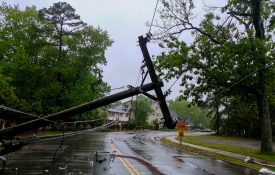
Cell phones and social media can help teens cope with stressful events—as long as they strike the right balance between spending time online and pursuing other coping activities.

Natural resilience may not be as common as once thought -- data suggests that many people confronted with a major life-altering event can struggle considerably and for longer periods of time.

Longitudinal data collection that used to require hours of manpower, equipment, and logistical coordination now can occur almost instantly, from anywhere in the world and virtually at any time.

Playing a visually-demanding computer game after reactivating traumatic memories may eventually impede those memories from reoccuring, a study shows.

The pandemic created lessons about living—our spaces, and our behaviors in them—but research remains to be done.
